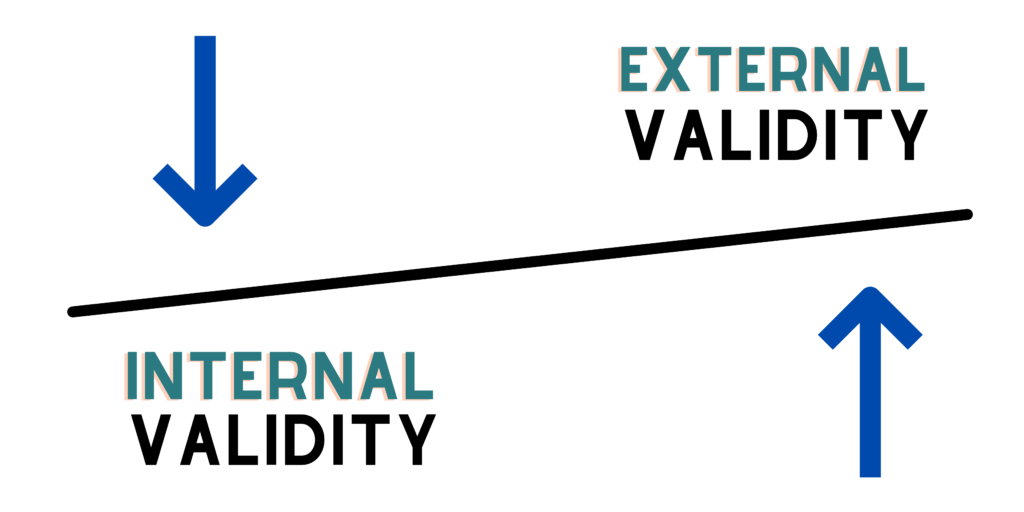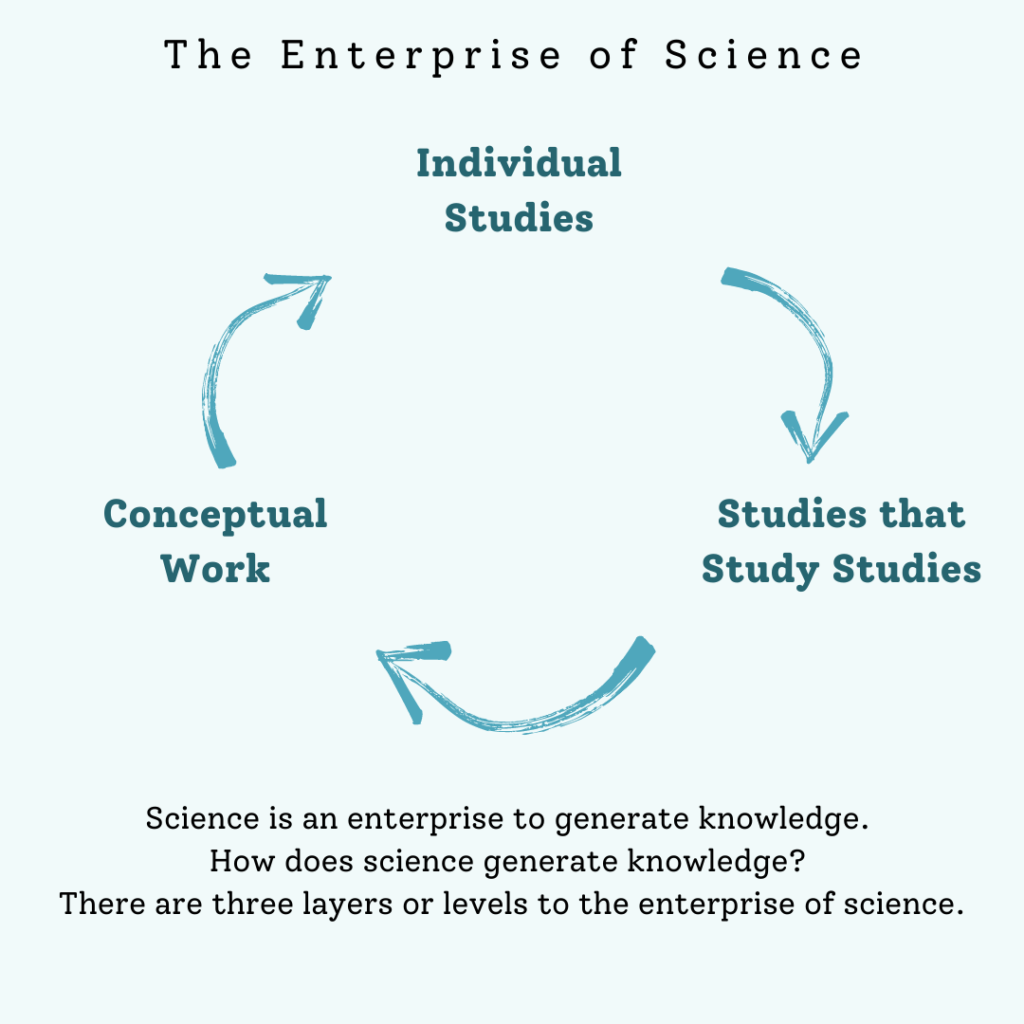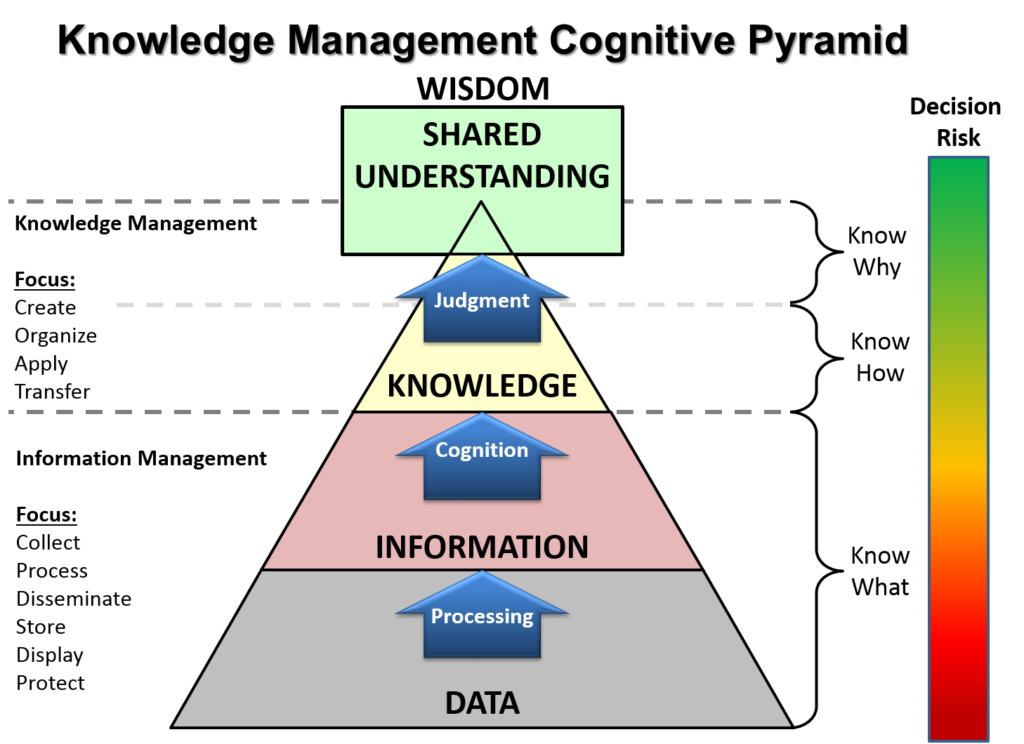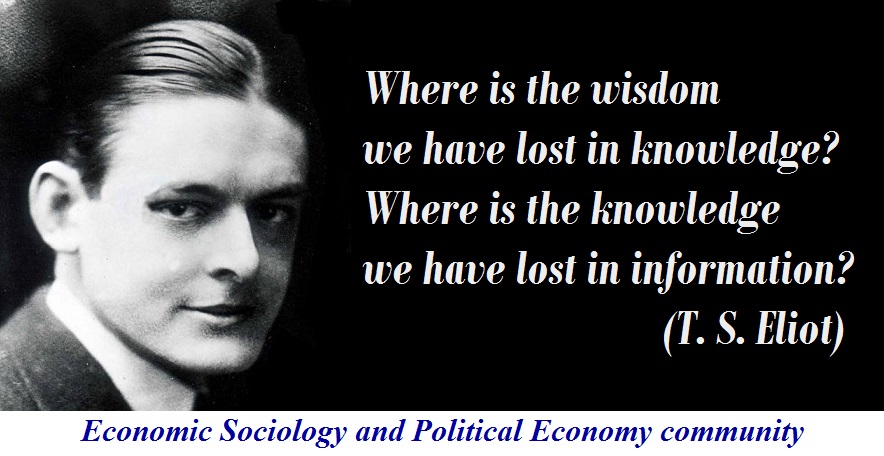Why do people scream?
I n non-human primates and other mammalian species, scream-like calls are frequently used as an alarm signal exclusively in negative contexts, such social conflicts, the presence of predators or other environmental threats.
n non-human primates and other mammalian species, scream-like calls are frequently used as an alarm signal exclusively in negative contexts, such social conflicts, the presence of predators or other environmental threats.
Humans also use screams to signal danger and to scare predators. But new research suggests that humans scream not only when they are fearful and aggressive, but also when they experience other emotions such as despair and elation.
In the past, scientific studies on human screams have focused almost exclusively on vocalizations of anguish—and this oversight nagged at neuroscientist Sascha Frühholz. He and his colleagues set out to characterize the screams we let us for a range of emotions, negative and positive.
By studying screams recorded in a small, padded room, Frühholz and his team identified six acoustically distinct scream categories: pain, anger, fear, joy, passion, and sadness.
Their research was published in PLOS Biology.
The Study

As reported in National Geographic, the researchers recruited 12 volunteers to scream with each emotion. The volunteer was primed with a description of an emotion-evoking scenario for each scream type, such as getting attacked by a stranger in a dark alley.
Each person also recorded a “neutral scream” for comparison, which is just an intense utterance of “ahh.” They then instructed the participant to let loose in the soundproof room.
Frühholz and his team analyzed recordings of each scream by looking at 88 acoustic features, such as measurements characterizing pitch and intensity. They trained a computer algorithm on the various features that differed between screams and found it could correctly categorize screams nearly 80 percent of the time. The most accurate classification was for joy, with 89.7 percent correct classifications.
The team then studied participants listening to the recorded screams, measuring how quickly they could categorize the emotion triggering the scream by clicking an option on a computer screen.
In one set of trials, they tested people’s ability to select the scream type from all six emotions or neutral, and in another, the listeners only had the option of picking one of two scream types. The team also created maps of brain activity for people listening to playbacks of the screams using functional magnetic resonance imaging (fMRI).
They were interested in three particular brain systems in the fMRI scans, Frühholz explains.
- The first was the auditory system, which is involved in analyzing and classifying each sound.
- The second was the limbic system, which is involved in emotional responses, particularly during survival situations.
- Finally, the frontal cortex, which is involved in decision-making and helps put the sound in the broader context of a situation.
The Findings
 The researchers found that volunteers more readily recognized—and their brains more efficiently processed—screams that were not considered alerts, including joy, passion, and sadness, compared to the screams of pain, anger, and fear.
The researchers found that volunteers more readily recognized—and their brains more efficiently processed—screams that were not considered alerts, including joy, passion, and sadness, compared to the screams of pain, anger, and fear.
They more slowly recognized screams from negative emotions, including pain, fear, and anger. Similar patterns also held for fMRI analysis, which showed non-alert screams sparked greater activity in listener’s brains compared to the alert screams. Exactly why, however, remains uncertain.
For all animal species, screams are considered a vital way to rapidly communicate danger to others nearby; why the joyful screams of this latest study seemed to invoke the strongest response remains unknown.
“The results of our study are surprising in the sense that researchers usually assume the primate and human cognitive system to be specifically tuned to detect signals of danger and threat in the environment as a mechanism of survival. This has long been supposed to be the primary purpose of communicative signaling in screams. While this seems true for scream communication in primates and other animal species, scream communication seemed to have largely diversified in humans, and this represents a major evolutionary step.”
Other Scream Research
Other research has been conducted on screams, including a study out of Emory University that found most people can’t tell the difference between screams of joy and screams of terror when they are heard out of context.
Unlike speech, the study finds screams lack distinctive and consistent acoustic parameters, which make them harder to identify. To see whether people could do so, researchers asked 182 participants to listen to 30 screams from Hollywood movies through headphones. Each scream communicated one of six emotions: anger, frustration, pain, surprise, fear, and happiness.
After hearing each howl, listeners then rated on a scale of one to five how likely the scream was associated with one of these six emotions. The results reveal participants correctly paired screams and emotions in most cases, except when it came to happiness. The group often confused these screams with fear.
“The acoustic features that seem to communicate fear are also present in excited, happy screams. In fact, people pay good money to ride roller coasters, where their screams no doubt reflect a blend of those two emotions.”
Interestingly, similarities between cries of joy and terror could have deep evolutionary roots. The findings may even provide a clue to the age-old question of why young children often scream while playing.
“Nobody has really studied why young children tend to scream frequently, even when they are happily playing, but every parent knows that they do. It’s a fascinating phenomenon.”
The post Screaming Conveys at Least Six Different Emotions first appeared on Humintell.


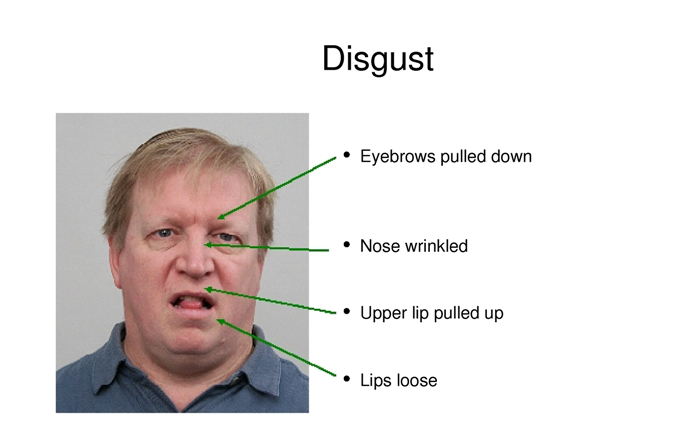 In a
In a 